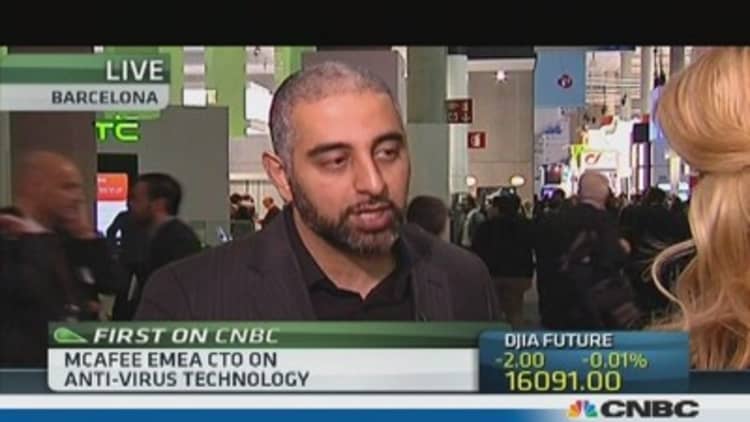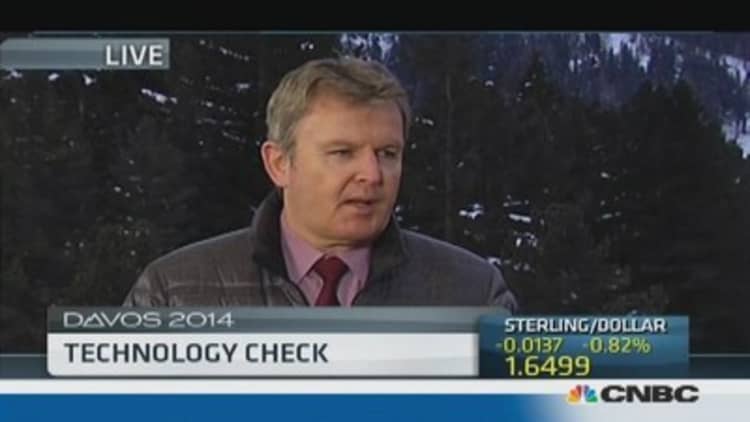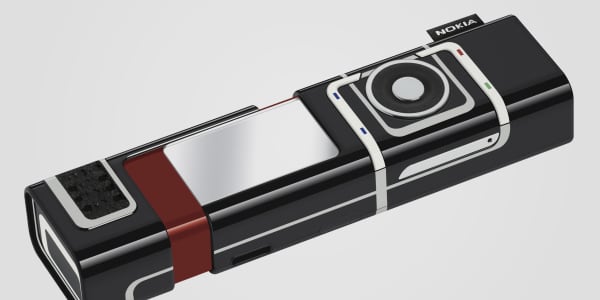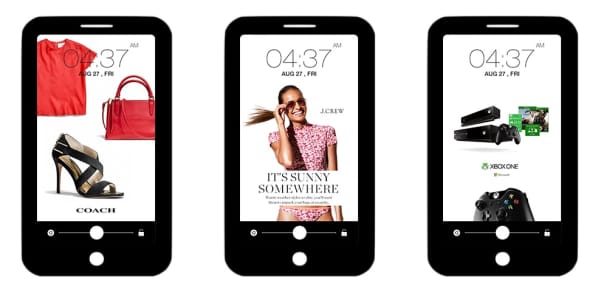
A string of high-profile hacking attacks on major companies such as Target has put cybersecurity back in the spotlight. But the next online attack may be aimed at your living room rather than the boardroom.
As the "Internet of things"—the online network where appliances and machines communicate with one another—develops, devices, such as the smart thermostat or locks that can be opened via your smartphone, are becoming more and more popular.
But as appliances and devices in our houses get more connected, the door opens for hackers in your home, experts warn.
"If I look at my home as a bubble, the threat opportunity increases with every hole I put in the bubble and if I'm wearing wearable technology or have video surveillance system linked via the Internet for example, I have all these points of access and that is power for people wanting to steal personal information," Earl Perkins, research analyst at Gartner, told CNBC in a phone interview.
Fridges under attack
Connected devices are in their infancy, yet this has not stopped attackers from already finding a way to hack them. Last month, security provider Proofpoint said it had uncovered what may be the first proven Internet of things-based cyberattack involving conventional household smart appliances.
The large-scale attack, which occurred between Dec. 23, 2013, and Jan. 6, 2014, involved more than 750,000 malicious email communications coming from more than 100,000 everyday consumer gadgets such as home router networks—and even one report of a fridge.
While the attack may seem like something out of science fiction, the threat is actually more malicious: your own data are at stake. Devices that track movements, such as security systems and temperature control, can give hackers information such as how many people are in the house and what room they are in—making homes vulnerable to physical burglaries.
"It's not like the doors can fall off the house or the lights will explode. But most of it is violation of privacy. It's the ability to lock and unlock doors so you can be taken the advantage of. It's the ability to gain access into people's lives that can be manipulated and exploited," Ernest Hilbert, former FBI agent and head of cyber investigations for EMEA at risk consultancy Kroll, told CNBC in a phone interview.
Companies in spotlight
The economy of the "Internet of things" is set for explosive growth. Revenue from the sector is expected to exceed $300 billion by 2020, according to Gartner, resulting in a further $1.9 trillion in revenue for other secondary companies around the world. With 26 billion devices set to be online by 2020, the potential for data mining is salivating prospect for hackers.

But it is the companies producing these devices that need to step up and protect their users, according to Nicko van Someren, CTO of mobile security company Good Techology. He said some devices allow users to update the software on the devices to counter the latest security threats and some don't, but both are equally prone to being hacked.
"If you can't update software and there is bug, that can be exploited and you can't do much about it. On the other hand there are devices that have software that can be updated but no real control over what the update is," van Someren told CNBC in an interview.
"Internet of things manufacturers need to be careful about building devices."
This warning was echoed by security software company McAfee. Raj Samani, the firm's chief technology officer for the EMEA region, told CNBC at the Mobile World Congress that as the "cloud" becomes more relevant to utilities in the home, applications need to tighten up security.
"In the future, our cloud is going to be keeping the lights on in our house, it's going to be keeping our water clean. So we need to put stronger security in place…I want to make sure that the cloud that's hosting the applications that are keeping my water clean are safe and secure," Raj Samani said in a TV interview.
—By CNBC's Arjun Kharpal. Follow him on Twitter @ArjunKharpal





